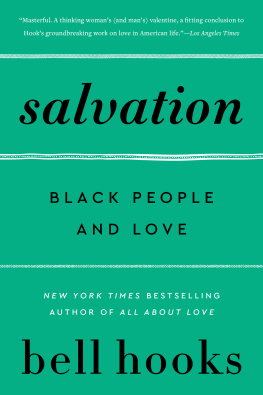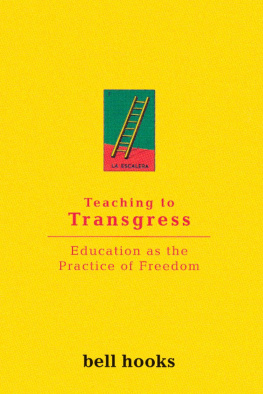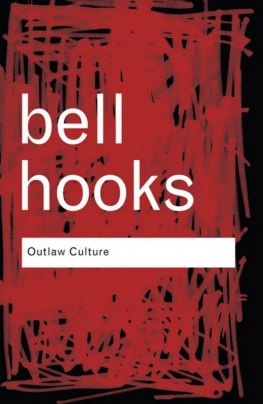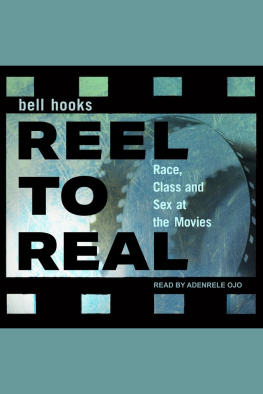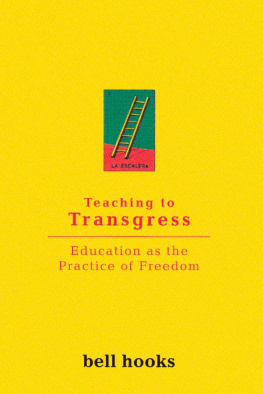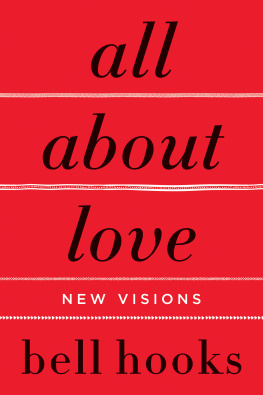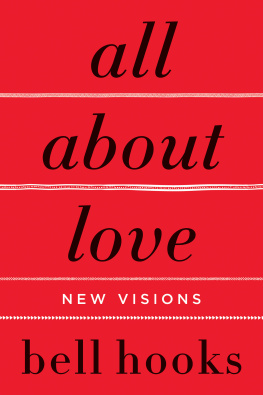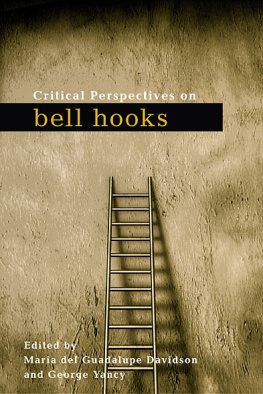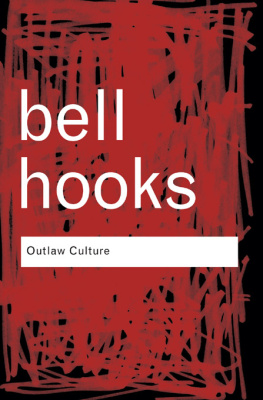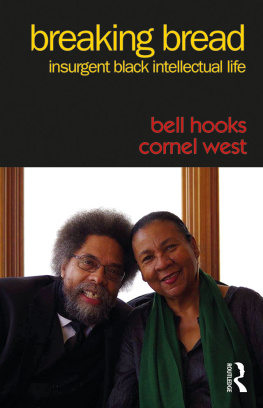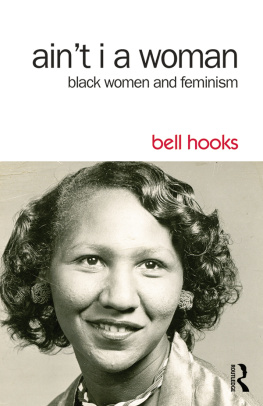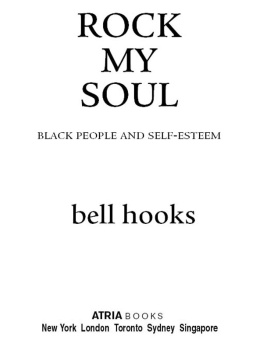anthony, the first love letter I ever wrote was sent to you. it included this quote from Malcolm X: We ourselves have to lift the level of our community, take the standards of our community to a higher level, make our own society beautiful so that we will be satisfied... weve got to change our own minds about each other. we have to see each other with new eyes... we have to come together with warmth...
celebrating ten yearsthe warmth you bring to my lifeall praise
Salvation is being on the right road, not having reached a destination.
M ARTIN L UTHER K ING J R.
One tries to recover, to be once more in good shape, to become whole again.... And I think that is the beginning of awakening. People speak about sudden enlightenment. It is not something very difficult to understand; each of us has undergone that kind of experience in our own life. The distance separating forgetfulness, ignorance, and enlightenmentthat distance is short; it is so short it is no distance at all. One may be ignorant now, but he can be enlightened in the next second. The recovering of oneself can be realized in just one portion of one second. And to be aware of who we are, what we are, what we are doing, what we are thinking, seems to be a very easy thing to doand yet it is the most important thing; to rememberthe starting point of the salvation of oneself.
T HICH N HAT H ANH,
The Raft Is Not the Shore
Contents
L OVE AND DEATH were the great mysteries of my childhood. When I did not feel loved, I wanted to die. Death would take away the trauma of feeling unwanted, out of place, of always being the one who does not fit in. I knew then that love gave life meaning. But it disturbed me that nothing I heard about love fit with the world around me. At church we learned that love was peaceful, kind, forgiving, redemptive, faithful. And yet everybody seemed troubled in their relationships. Even as a child I pondered the gap between what folks said about love and the ways they behaved.
As a young woman hoping to find love, I was disappointed in the relationships I witnessed and troubled by my own efforts. Even though I was coming into womanhood at a time of free love and open marriage, I dreamed of being with a partner for a lifetime. My visions of marriage had been shaped by the relationship between my maternal grandmother and grandfather, who had been together for more than seventy-five years. An essay I wrote about their relationship titled inspired eccentricity described how different they were, and yet there was in their relationship what therapist Fred Newman calls radical acceptance. They had the curious blend of togetherness and autonomy that is needed in healthy relationships but difficult to find. I have not found it, even though I keep searching.
From my college days to the present, most folks I encounter consider it foolish and naive of anyone to want to spend a lifetime with a partner. Again and again they point to divorce rates and continual breakups among gay and straight couples as signs that spending a lifetime with someone is just not a realistic desire. Cynically, many of them believe that couples who remain together for more than twenty years are usually unhappy or just coexisting. Thats certainly true of many marriages (my parents have been together for almost fifty years but have not managed to create a happy household). But there are couples who find it sheer bliss to be spending a lifetime with one another. Their bonds are just as emblematic of what is real and possible as the reality of ruptured and broken bonds.
I learned from watching my grandparents that sustained joyous commitment in a relationship does not mean that there are no down and difficult times. In my first book on love, all about love: new visions, I continually state that love does not bring an end to difficulties, it gives us the strength to cope with difficulties in a constructive way. That book, like this one, is dedicated to Anthony, with whom I have had (and continue to have) long discussions about the nature of love. A thirty-something guy whose parents separated when he was a boy, he has no vision of a relationship lasting for a lifetime. In fact the idea seems weird to him. Only by experience is he learning to trust that lasting bonds are to be cherished and valued.
All love relationships flourish when there is sustained commitment. Constancy in the midst of change strengthens bonds. In both romantic relationships and friendships, I enjoy going through changes with loved ones, watching how we develop. To me its similar to the delight and awe that loving parents feel as they witness children go through myriad changes. Having a longtime partner who both participates in our growth while also bearing witness is one of loves profound pleasures. I celebrate lasting love in all about love: new visions, a work that generally discusses the meaning of love in our culture and what we should know about love.
Lecturing in public schools during my tour for that book, I was continually distressed to hear black children of all ages express their deep conviction that love does not exist. Time and time again I was shaken to my core hearing young black folks emphatically state, There is no such thing as love. In all about love, I define love as a combination of care, knowledge, responsibility, respect, trust, and commitment. Calling out the extent to which our nation has become cynical about love, it should have come as no surprise that the pervasive lovelessness I talk about is not only most deeply felt in the hearts of children but that it would be among those groups of children, black girls and boys, who are collectively disenfranchised, neglected, or rendered invisible in this society, and that I would hear these sentiments frankly acknowledged. When asked about anti-racist struggle by white critics who did not understand the need for militant protest, playwright Lorraine Hansberry often replied that the acceptance of our present condition is the only form of extremism which discredits us before our children. Standing before black children who tell me there is no love in clear, flat, dispassionate voices, I confront our collective failure as a nation, and as African-Americans, to create a world where we can all know love. This book is a response to this crisis of lovelessness. It dares us to courageously create the love our children need to be whole, to live fully and well.
Early on in our nations history, when white settlers colonized Africans through systems of indentured labor and slavery, they justified these acts of racial aggression by claiming that black people were not fully human. In particular it was in relation to matters of the heart, of care and love, that the colonizers drew examples to prove that black folk were dehumanized, that we lacked the range of emotions accepted as a norm among civilized folk. In the racist mindset the enslaved African was incapable of deep feeling and fine emotions. Since love was considered to be a finer sentiment, black folks were seen as lacking the capacity to love.
When slavery ended, many of the racist stereotypes that had been used to subordinate and alienate black people were challenged. But the question of whether or not black people were capable of love, of deep and complex emotions, continued to be a subject for heated discussion and debate. In the early 1900s, black scholars began to debate the issue of whether or not the dehumanizing impact of racist terrorism and abuse had left black people crippled when it came to the matter of love. Writers like Richard Wright, Zora Neale Hurston, Ann Petry, Lorraine Hansberry, and James Baldwin sustained vibrant debates about the issue of love in fiction and nonfiction.
Hurstons novel Their Eyes Were Watching God showed that love was not only possible among the poor and oppressed but a necessary and essential life force. In her provocative protest novel
Next page
